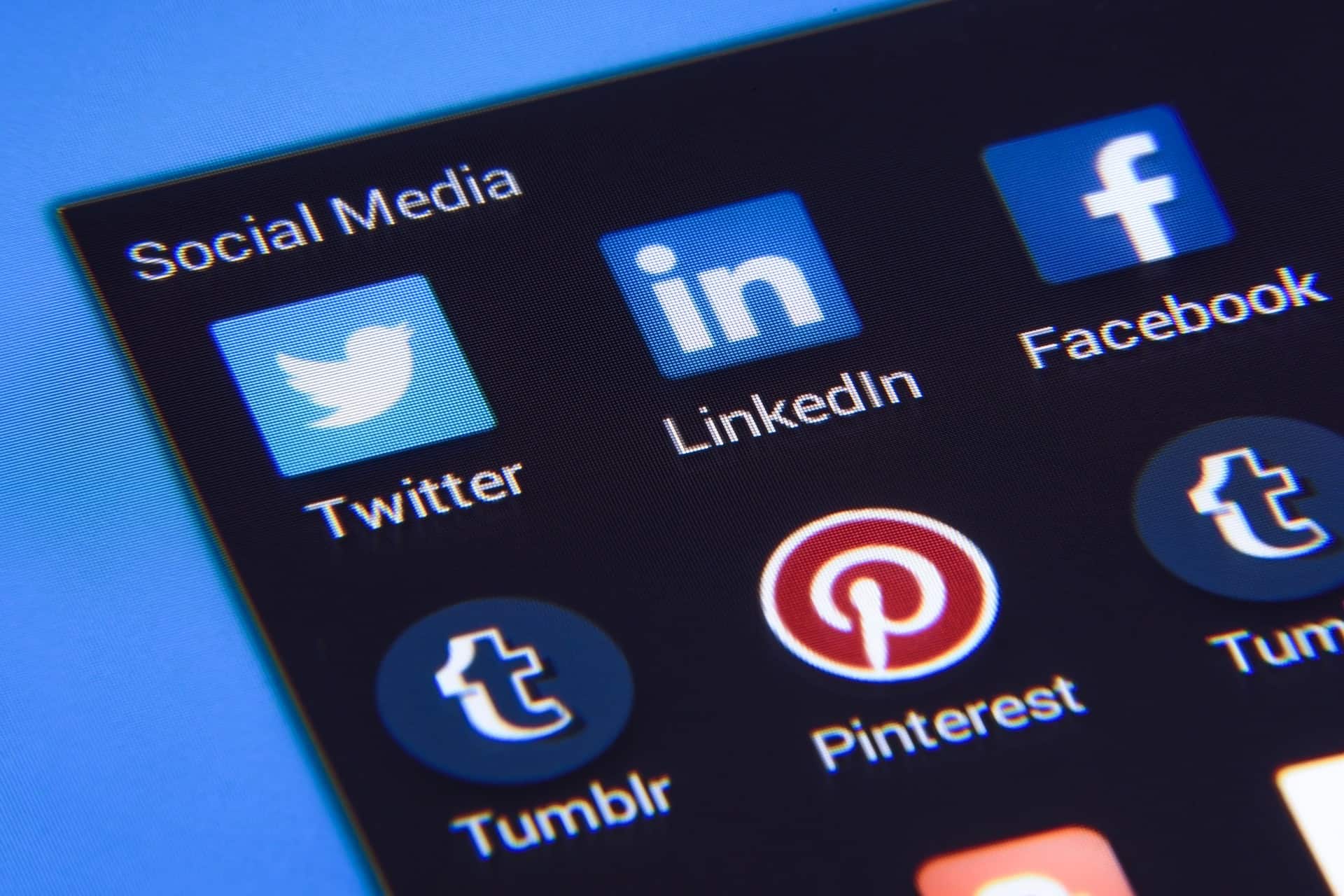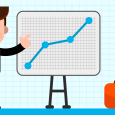Nowadays, many businesses all over the world use social media to build their brands and market their products or services. A social media dashboard is a very important tool that can help you monitor all your analytics at a glance. However, with the numerous dashboards out there, choosing the right one for your business can be a very confusing affair.

Here are some of the features you need to look out for when choosing a social media dashboard:
1. Managing multiple accounts
Most businesses have a presence on several social media platforms. Trying to manage your social media channels separately can be a very frustrating and time-consuming exercise. A good social media dashboard saves you the trouble of having to log into different networks. You can analyze all your social media metrics from the same space. Comparing your results across different networks will help you create more effective campaigns in future.
2. Monitoring hashtags and keywords
Every social media manager needs to keep track of brand-specific hashtags and keywords their customers and prospects are using. Your social media dashboard needs to offer comprehensive insight on your hashtags and keywords. What are the most popular hashtags and keywords? Which ones are generating the most engagement? Monitoring such data will help you prepare better for future campaigns.
3. Social media calendar
Planning content in advance frees your time and saves you the trouble of rushing to create content at the last minute. Therefore, the ideal social media dashboard should allow you to schedule content. You will be able to see your monthly, weekly or daily scheduled content at a glance. Having a social media calendar will help you publish content effectively without leaving gaps or having posts published too close together.
4. Evaluating team performance
Many businesses have teams of people managing different social media accounts. Your dashboard should enable you to analyze and benchmark your team’s performance at a glance. For instance, you can monitor the response time to customer complaints and inquiries. Team members that are not performing optimally can be given further training or simply replaced with others. The dashboard should not give individual users access to all the features, but only what they require for their jobs. This means that you shouldn’t have a common password for the entire team since this will compromise your security.
5. Capturing audience data
Every business has a specific group of prospects they desire to target. A good social media dashboard will allow you to capture crucial audience data. Who are your fans on Facebook? Which people engage with you most on Twitter? Who is following you on Instagram? Having such data will show if you are targeting the right demographic. Your dashboard should also monitor audience growth over a specific duration. For example, if you are running a campaign lasting three weeks, the dashboard should show the growth within that period.









